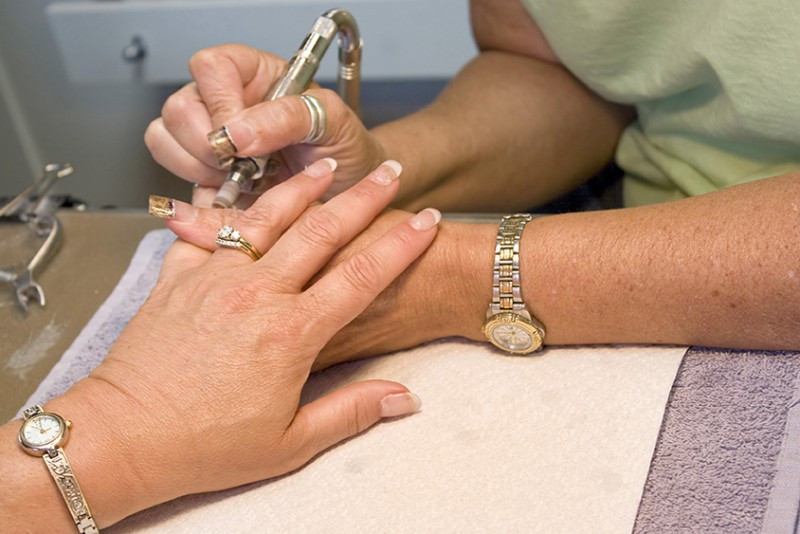The largest organ in the body is quite possibly one you haven't heard of before, at least when it's called by its correct name. That's the integumentary system, which weighs between six and 10 pounds, covers a total surface area of about 18-20 square feet for adults, and consists of our skin, hair, nails, glands, and nerve receptors. There you have it – the integumentary system – a name for several body features that, collectively, you didn't even know had a name, let alone that they comprised a ‘system.' Know this, though: the hair, the skin, the nails, etc. aren't just there to be cleaned, trimmed, cut, moisturized, tattooed, polished, or painted; those things all serve a purpose in the care and maintenance of our body and its mechanisms. OK, so we already know about how the skin, and to some extent our hair, play major roles in protecting us from harmful ultraviolet rays from the sun. But there's more.
Integumentary System's Roles Are Plentiful
Did you also know that our body's storage of water, fat, glucose, and vitamin D, per innerbody.com, is a function of the integumentary system, as is the skin's standing guard as our first-line defense against bacteria, viruses, and other microbes. And that's just scratching the surface, no pun intended. Per sciencenetlinks.com, here are some other functions of this most interestingly devised human body organ:- Helps our bodies dispose of waste material
- Guards the body against sudden changes in temperature
- Protects us from dehydration
- Protects our internal living tissues and organs
- Serves as a receptor for touch, pressure, pain, heat and cold
Here's to Your Health, Integumentary System
Our skin, nails, glands, etc. need good nutrition as much as any other body part, system or organ does. Following are some vitamins and supplements that have been found to be particularly beneficial to the integumentary system, per larazakaria.com:- Biotin. This B vitamin, as well as others in the B family, is important for the growth of our hair and skin. Foods rich in biotin include peanut butter, eggs, avocados, and legumes.
- Vitamin D. Its best source is from the sun, although too much sun can be harmful to our skin, so moderation is in order. Vitamin D plays an important part in the cycling of our hair follicles. Food sources of biotin include salmon, mushrooms, and grains.
- Vitamin C. As an antioxidant that is water soluble, vitamin C guards against cellular damage and has a role in the production of collagen to enhance skin elasticity for a more youthful appearance. Citrus fruits, broccoli and kale are among the popular sources of vitamin C.
- Zinc. Our integumentary system depends on zinc in a number of areas, to include hair growth, wound healing, and immune function. Zinc can be found in such foods as red meat, oysters, pumpkin seeds, and chocolate.
- Vitamin E. Like Vitamin C, E is an antioxidant, but in its case a fat-soluble one, a powerful one at that. It protects cells from damage and aids in cellular regeneration. Foods high in vitamin E include seeds, dark green vegetables, and safflower oil.
- Essential fatty acids. Both omega-3's and omega-6's contribute to integumentary health, diminishing inflammation and boosting skin and scalp health. Among the foods containing fatty acids are cold-water fish such as salmon, sardines, tuna, shrimp, and mackerel.

